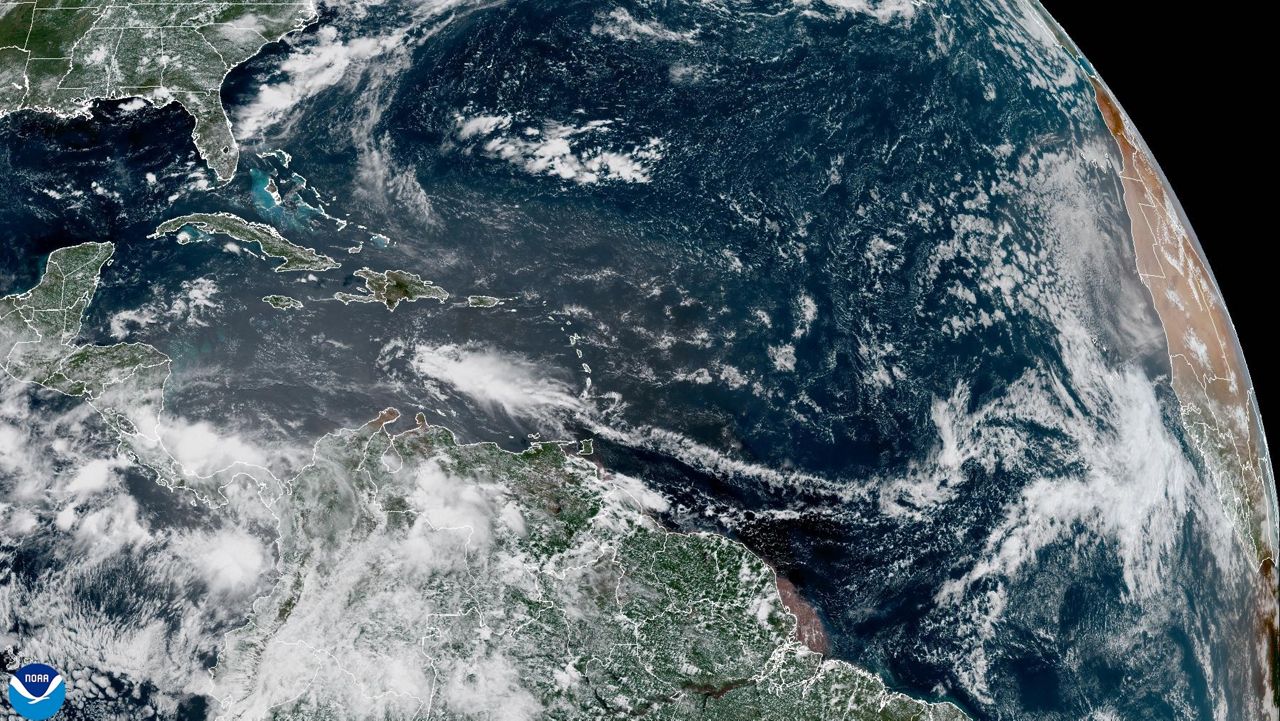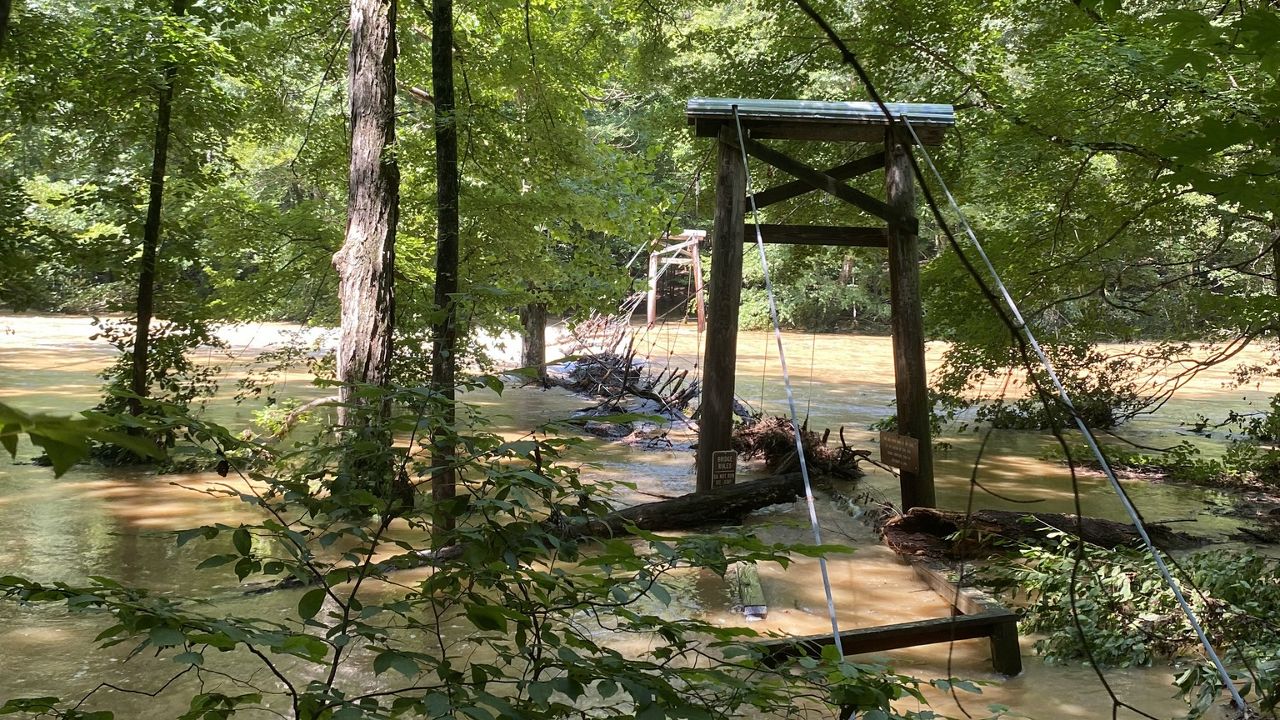CHARLOTTE, N.C. — For the first time, Charlotte-Mecklenburg Stormwater Services is collecting hard data on how development along Lake Wylie is impacting coves.
Environmental Specialist II Tim Besier says up until this point, Stormwater Services only had anecdotal evidence on sediment settling into the coves. Besier says they were late to the game when it came to measuring the impacts of the Palisades, a 1,600 acre community, when it was being built near Lake Wylie. Now, with the groundbreaking of the 1,400 acre River District that happened last week, Besier says they will be ahead of the curve.
"There's natural sedimentation that happens all the time. What we're worried about is the type of sedimentation and the degree of sedimentation that's occurring," Besier said.
Stormwater Services says it has been working closely with the developers of River District to ensure there will be minimal impact to Charlotte's waterways. Currently, developers are required to put up a black silt fence around their construction zone, meant to catch runoff and sediment debris before it runs into the lake.
"But, there's a lot of, at this point, anecdotal evidence that it might not be working as efficiently as we hoped," Besier said.
That is why Besier and Environmental Specialist III, Dave "Shaky" Ferguson, are going out every other month to monitor the coves and record hard data through water samples to measure sediment debris in the lake. The specialists say without the data, it's difficult to be certain about the impacts and to effect necessary change.
"Sedimentation could have a lot of implications, not just for the lake itself but for all the different uses of the lake -- recreation, fishing, even power generation. Duke Energy is interested in whether or not the lake is filling in," Besier said.
Along with sediment comes nutrients.
"That can cause, potentially, algae blooms. It can increase some of the vegetation that are in the coves, and overall, the look of the water is not something people like when it is more nutrient rich," Besier said.
The environmental specialist says the goal is not to stop development, but to learn how to develop smarter.
"We are trying to do good for the environment and improve things for the overall community," said Besier. "I think the more we can do, the more data we can collect, the better it's going to actually be for everyday people."









